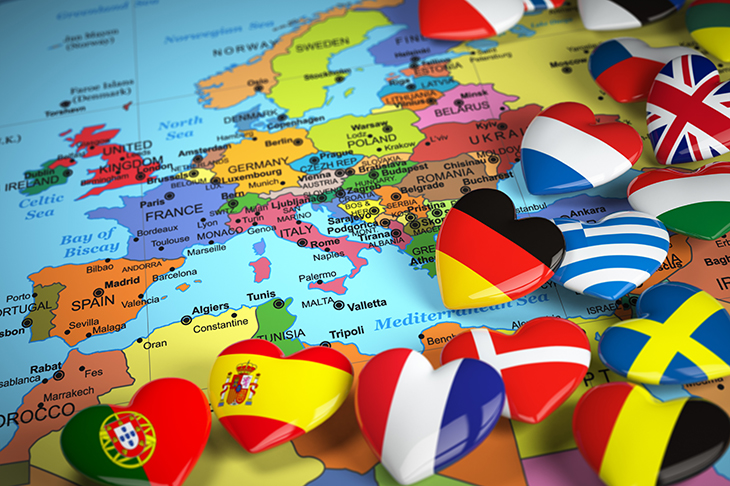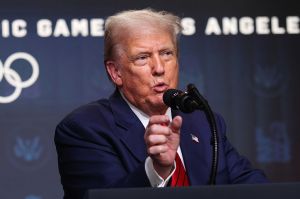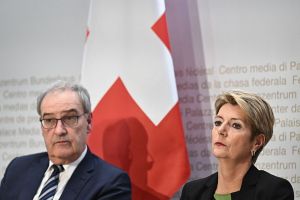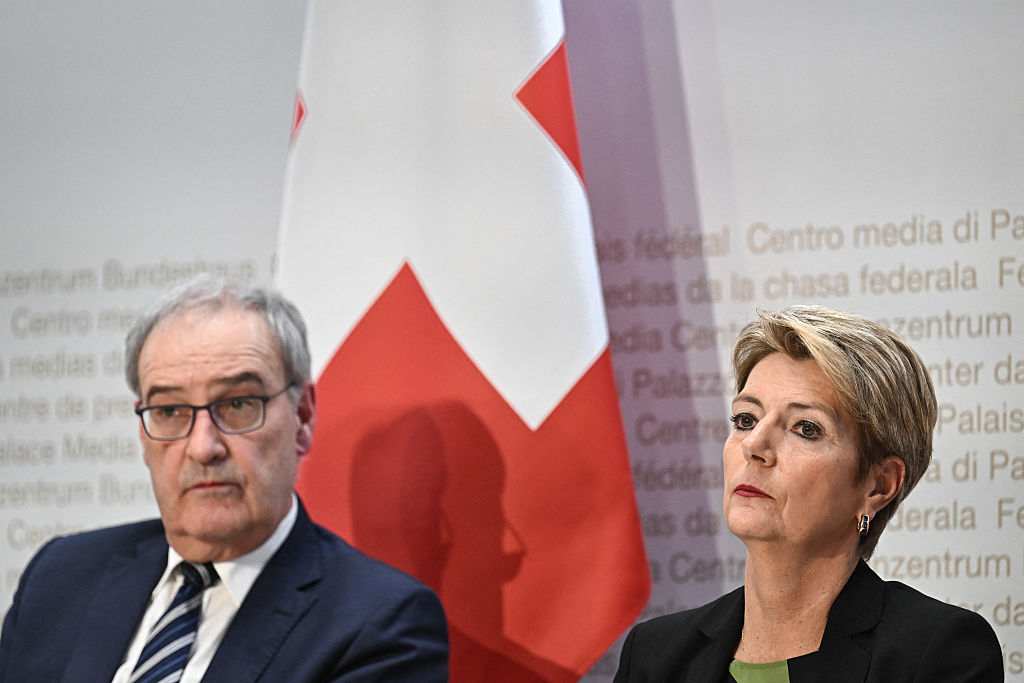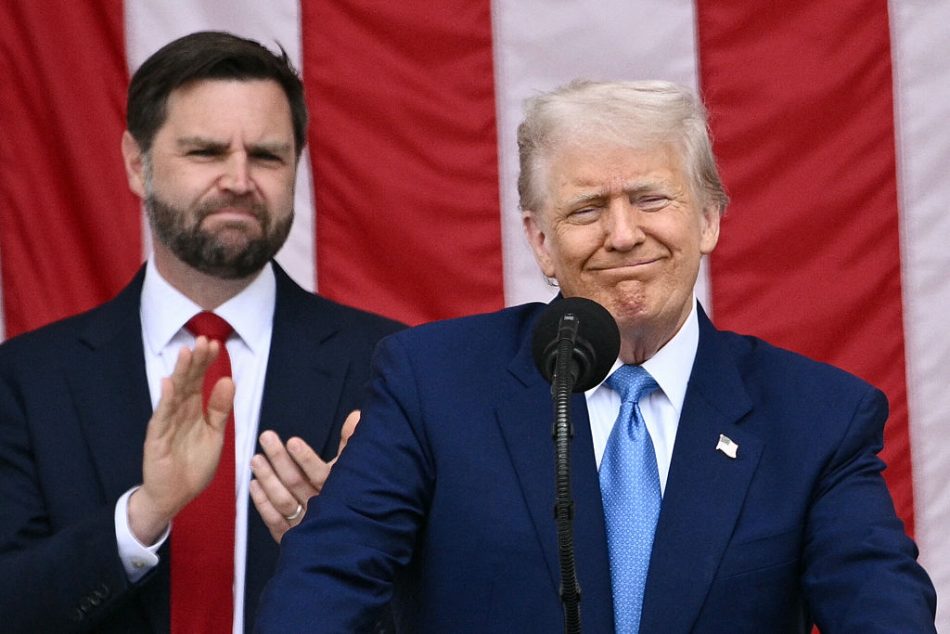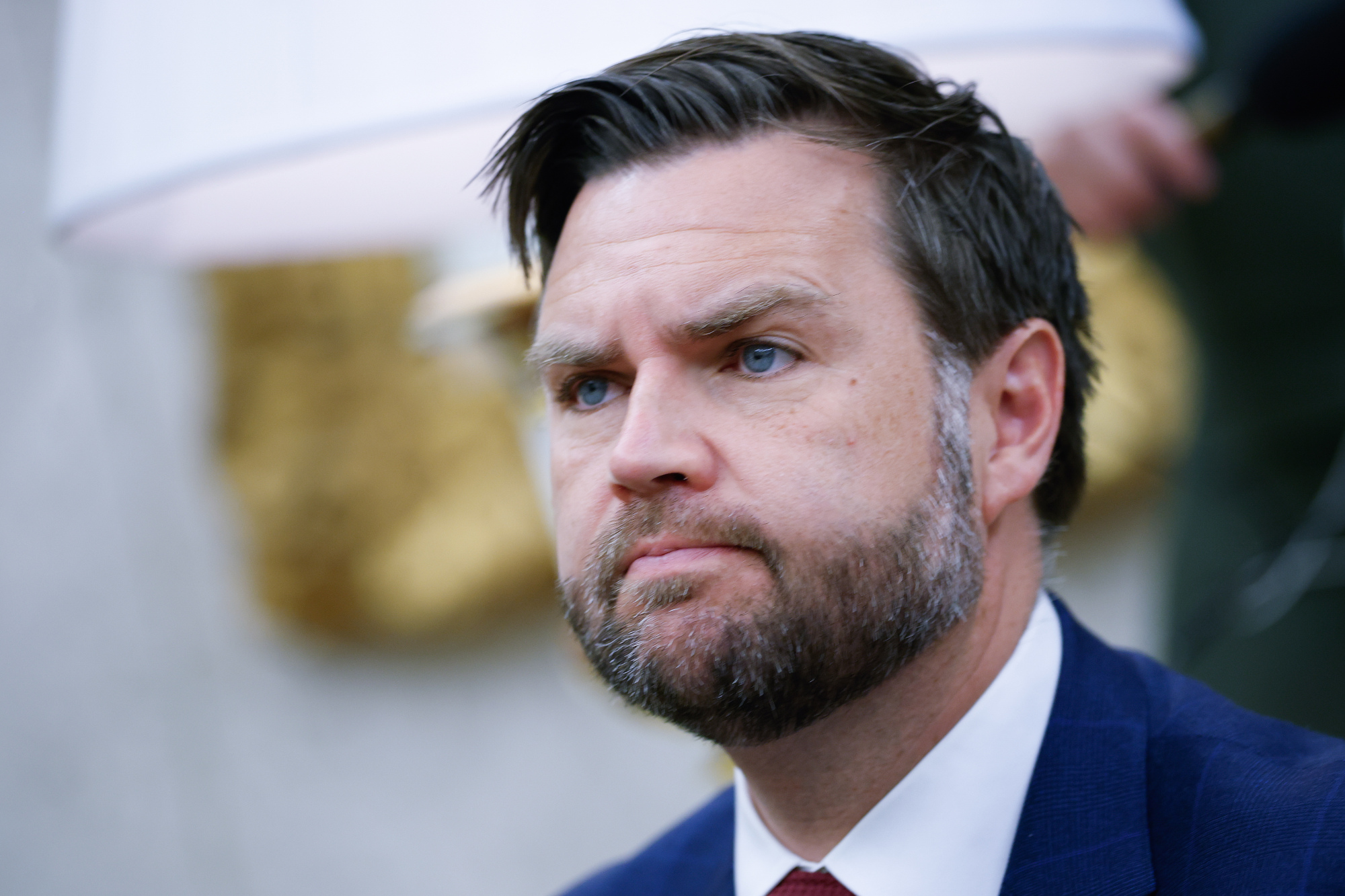This is one of the most crucial weeks in modern British history. We have a prime minister and cabinet who understand the stakes in terms of our future independence. But the forces fighting them — some of them sincere, many of them cynical — are fearsome. There are risks in proceeding with Brexit. But there are far greater risks in abandoning it.
This endless crisis has led to widespread criticism of British politicians of all hues, some of it justified. I find it deeply distasteful to see very senior Conservatives plotting with the opposition to bring down the prime minister. But far less criticism has been leveled at the EU itself — which is odd, because Brussels is the cause of our agonies, past and present. The Brexit vote would have gone the other way if it had had the wit to give David Cameron the concessions he begged for. But that is not the nature of the EU imperial class. They intended to send a message: Brussels does not respond to democratic pressure. The British public got that message, and voted to leave.
The EU should have been dismayed over the loss of its oldest democracy and its second largest contributor. Our Brexit vote was a stunning indictment of the way the EU has been run: we asked it to reform, it refused; it dared us to vote to leave and we did. But rather than learn lessons and negotiate Brexit in good faith, it deployed the kind of cynicism exposed in the BBC fly-on-the-wall documentary Brexit: Behind Closed Doors, in which we hear private conversations between the EU negotiators, who are clearly determined to delay and give nothing to the British negotiators whom they mock.
Thus on the telephone Michel Barnier tells Guy Verhofstadt: ‘Frankly speaking, just between the two of us, there’s no justification in discussing the future relationship between the EU and UK in combination with their debts. I’ll tell them tomorrow quite brutally, calmly but clearly, that this is not negotiable.’ After a meeting at No. 10, Verhofstadt says to a colleague: ‘They’re going nowhere. They are stuck.’ On another occasion the two are seen drinking a toast to each other, and joyfully concluding: ‘We are together for two years — yeah. And then the transition period for another three years. At least!’
The withdrawal agreement struck with Theresa May was filled with further, often clandestine assaults on our sovereignty. It has been described as ‘a Boomerang Brexit, a trap, a one-way ticket back into the EU, and on far worse terms than we currently have’. As a result, it was rejected three times by the House of Commons.
After that rebuff, would skillful EU diplomats eager for a compromise not propose amendments to enable Prime Minister May to get the deal through? For the sake of European unity? No — and now they are still trying to force us to accept either that original rejected text, or no deal.
All this agony was predicted in a gem of a book, The Missing Heart of Europe. Its poignant title reveals the core problem of the EU. France has a heart, Germany has a heart, Britain has a heart. The EU does not. Equally poignant is the story of the author. Thomas Kremer was a Hungarian Jew who escaped from Belsen, and eventually fell in love with Britain and what he saw as its unique freedoms. He published his book in 2004. It is a cri de coeur against the ill-fitting uniformities being imposed on each country, especially Britain, by the heartless managerial class in Brussels.
‘The British people,’ he wrote, ‘are being asked by their own political leaders to weaken, or even surrender, those very rights, decision-making powers, institutions, laws, self governing habits that alone can guarantee a degree of individual freedom enjoyed by very few other nations in the world.’
At the last EU summit, Brussels reiterated its ambition to march forward into ever-closer union. Britain could never fall into step with this. If the government’s opponents force us to remain in the EU, it’s a fantasy to think that we’d be allowed to stay on terms that were anything other than punishing. Our rebate would probably go. We’d end up having to swallow projects we have tried to fend off: ever-closer regulatory alignment, eventually membership of the euro and an EU army which seeks to displace Nato, one of the greatest successes of the postwar years. Above all, we would be denying the democratic vote to leave.
This is why the prime minister is right to be bold, because there is no other option. The Brexit talks have exposed the nature of the club in which we stayed for too long. In one scene of the BBC documentary we hear two of the EU team laughing about the British people: ‘We got rid of them. We kicked them out. We finally turned them into a colony, and that was our plan from the first moment.’ That is still their plan. It cannot be ours.
This article was originally published in The Spectator’s UK magazine. Subscribe to the US edition here.



